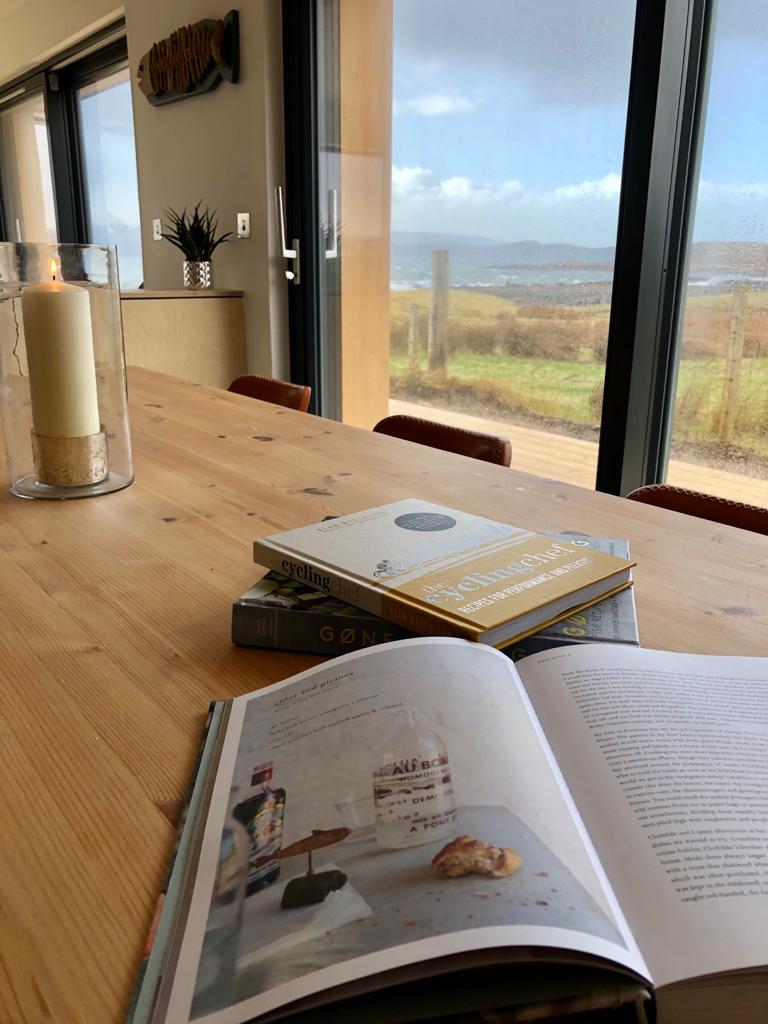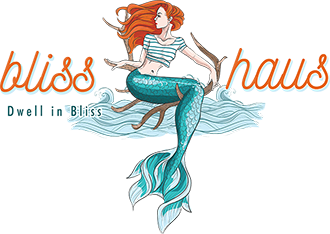The UNESCO Biosphere designation is an international recognition of the fantastic array of landscapes, wildlife, cultural heritage and learning opportunities that the NW Highlands offers for us all to celebrate and utilise in a sustainable way. Through collaboration, learning and a holistic view on connecting people with nature, Biospheres show that a sustainable way of living is not only possible, but already happening.
Wester Ross is a vast place with a low population density – one of the lowest in Europe, with just 1.6 people per km2. However small though, our communities weave the fabric of life through traditional music, ceilidhs, crofting, and the Gaelic language. Living in Wester Ross is about ‘being active’, ‘feeling immersed’ in the landscape and getting together for events like a local ceilidh, annual loony dook (a swim or jump in the sea, usually in fancy dress on New Year’s Day) or one of the many villages Highland games or gatherings in the summer months. We consider ourselves welcoming and inclusive to visitors.
Equally important to us is our natural heritage. Mountains, trees and seas are the dominating elements of a Wester Ross view. Lochs, glens, sea, rocks, rainbows, waterfalls, dark skies and fresh air complete the broad-brush picture of the landscape. Deer, otters, pine martens and birds of prey are the most mentioned inhabitants of that landscape. Residents clearly value Natural Heritage every bit as much as visitors, and they share a powerful concern for its fragility.
Biospheres are home to dynamic local partnerships, rooted in communities that work collaboratively with Biosphere teams in a global network, to explore how – through education, science, culture, communication and information – we can learn to live in harmony with our environment.
You can find out how to access, discover and support this amazing biosphere through these organisations:

